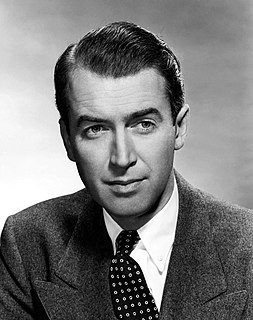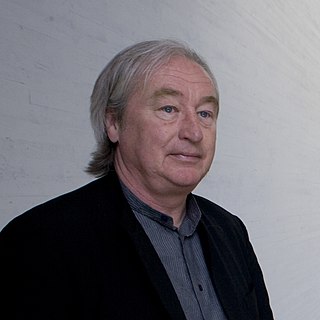A Quote by Kalyani Priyadarshan
I got a degree in architecture for the educational experience but in terms of career, everything is cinema.
Quote Topics
Related Quotes
I graduated from Wesleyan University with a b.a. in art. I was really headed toward an architecture degree, but when I did the requirements for the major, I realized I was more interested in how people live in buildings than in making buildings. I was more interested in the interactions that happened inside the structures. So I got an art degree as a default position.
Why do people go to the cinema? What takes them into a darkened room where, for two hours, they watch the play of shadows on a sheet? The search for entertainment? The need for a kind of drug? ..I think that what a person normally goes to the cinema for is time: for time lost or spent or not yet had. He goes there for living experience; for cinema, like no other art, widens, enhances and concentrates a person’s experience-and not only enhances it but makes it longer, significantly longer. That is the power of cinema: ‘stars’, story-lines and entertainment have nothing to do with it.
All important architecture of the last century was strongly influenced by political systems. Look at the Soviet system, with its constructivism and Stalinism, Weimer with its Modern style, Mussolini and, of course, the Nazis and Albert Speer's colossal structures. Today's architecture is subservient to the market and its terms. The market has supplanted ideology. Architecture has turned into a spectacle. It has to package itself and no longer has significance as anything but a landmark.




































